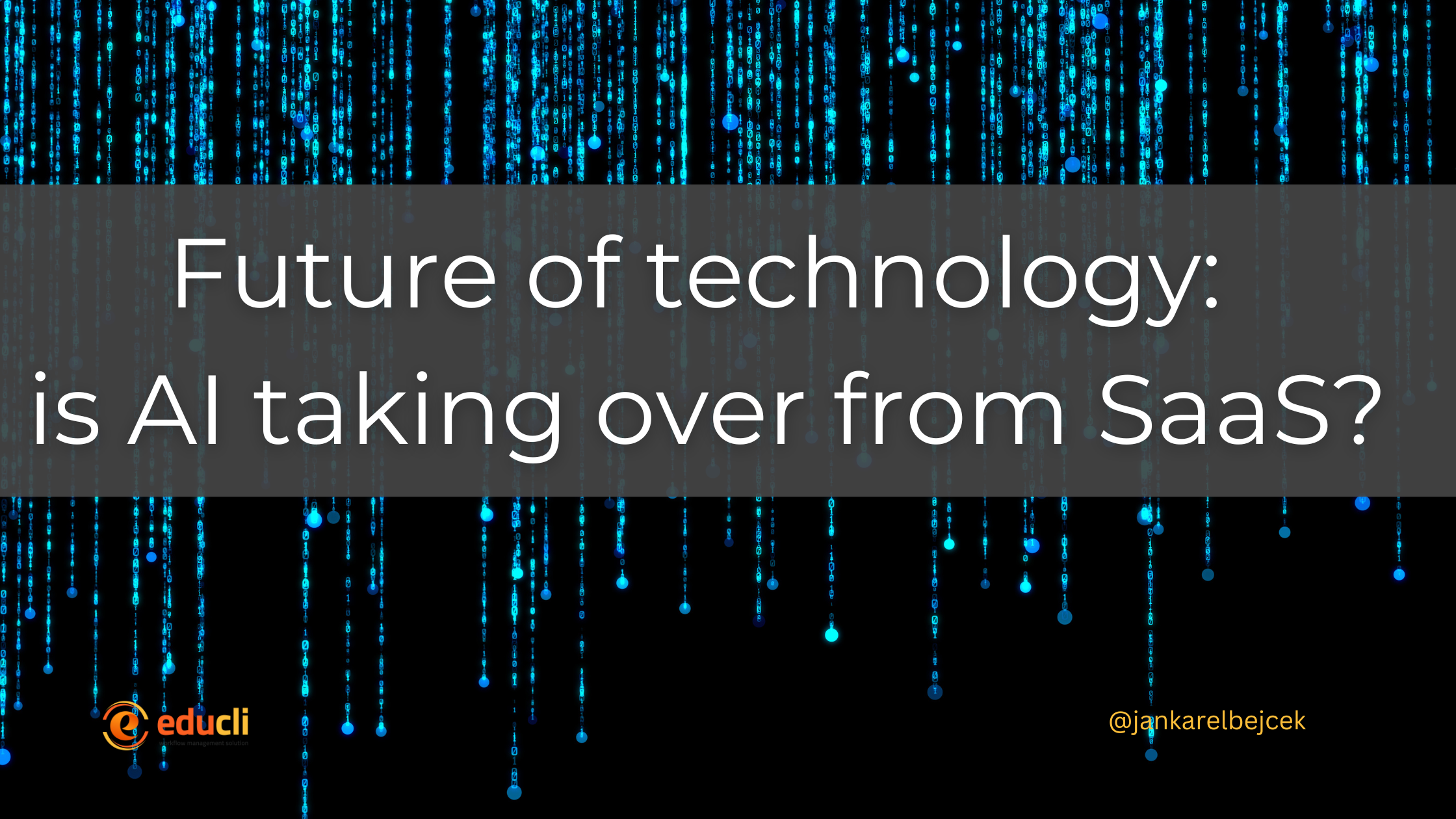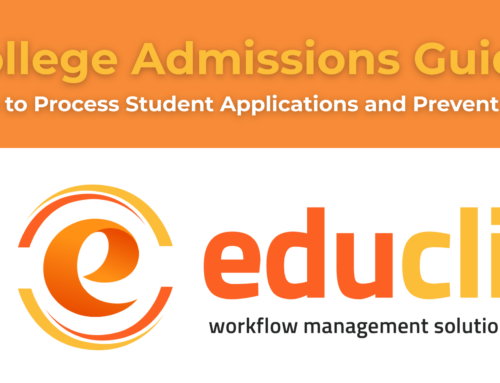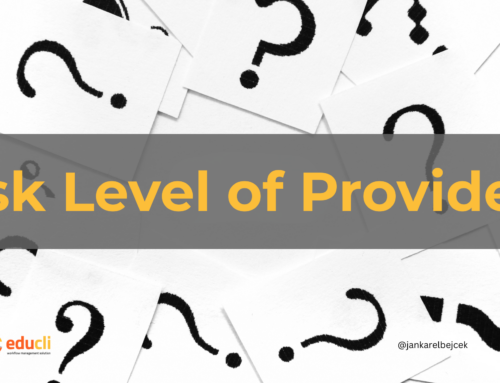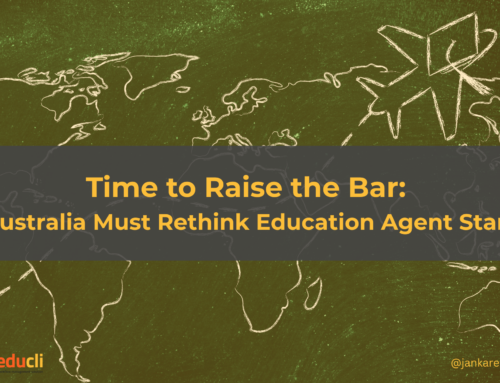In recent discussions about the future of software delivery, Microsoft CEO Satya Nadella has made bold statements suggesting that traditional Software as a Service (SaaS) models may become obsolete as Artificial Intelligence (AI) rises to prominence. Nadella envisions a shift where AI agents, capable of autonomously performing tasks and making decisions, will transform how software is developed and utilised.
He described current SaaS applications as “CRUD databases with business logic” and predicts that as AI takes over that logic, SaaS will collapse. This perspective implies that AI agents could replace conventional applications, leading to a transformation in software development, SaaS models, and user interactions.
The integration of AI into software solutions is expected to drive efficiency and wider adoption, as seen with companies like DeepSeek, a Chinese AI startup that has created significant buzz with its cost-effective AI models.
While Google CEO Sundar Pichai has not explicitly declared the end of SaaS, he has emphasised the company’s commitment to AI advancements. Google plans to invest approximately $75 billion in capital expenditures for 2025, focusing on AI infrastructure and solutions. Pichai highlighted future enhancements in AI, such as the Gemini AI assistant, and aims to integrate AI capabilities across Google’s products. For which, has Google now increased their business subscription fees.
The potential decline of traditional SaaS models in favour of AI-driven solutions raises important considerations for businesses and developers. Organisations may need to adapt by embracing AI technologies to remain competitive. This shift could lead to more personalised and efficient user experiences, as AI agents tailor interactions based on individual preferences and behaviours.
However, the transition also presents challenges, including the need for significant investments in AI infrastructure, potential job displacement due to automation, and ethical considerations surrounding AI decision-making. As the industry evolves, stakeholders must navigate these complexities to harness the benefits of AI while mitigating associated risks.
In conclusion, while the proclamation that “SaaS is dead” may be provocative, it underscores a broader trend towards AI integration in software solutions. As AI agents become more capable, they are poised to redefine how software is developed, delivered, and experienced, signalling a transformative era in the business landscape.





Leave A Comment